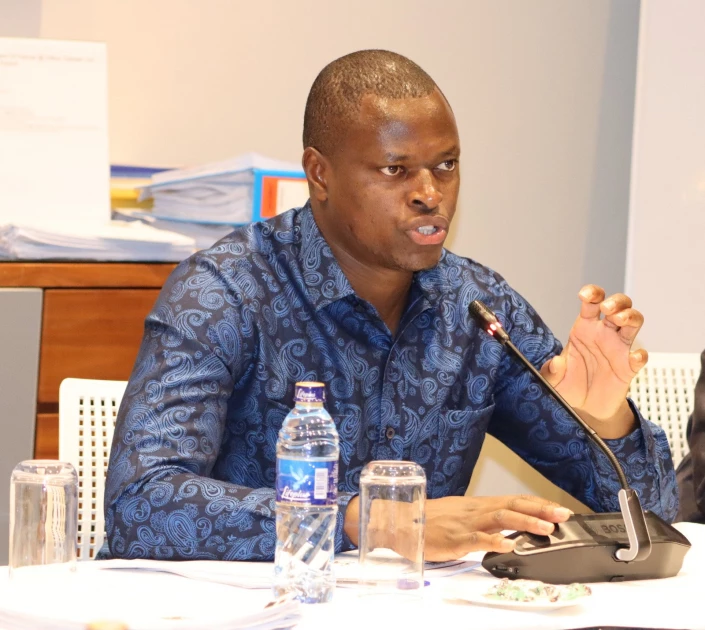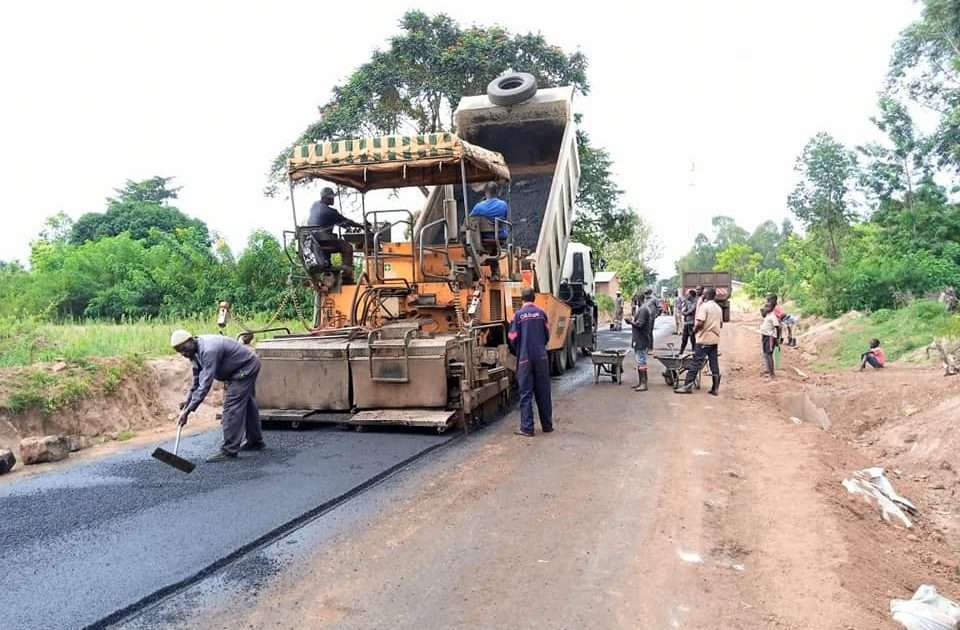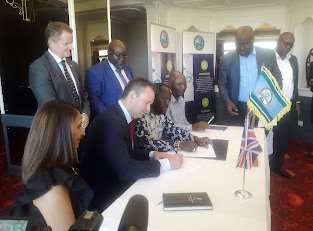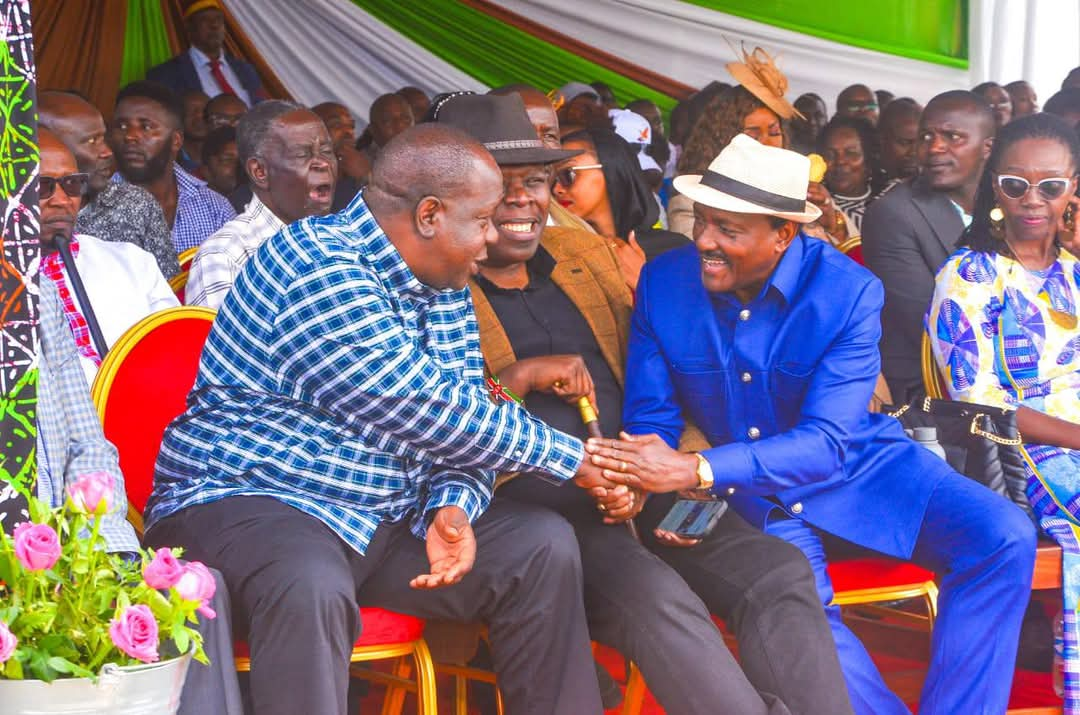By The Weekly Vision Team
Significant divisions have emerged among Members of Parliament regarding the perceived inequitable distribution of projects by the Budget and Appropriation Committee. MPs have criticized the process by the committee, likening it to the “budgeted corruption” that plagued the eleventh parliament and led to its dissolution.
The issue became apparent with the 2023/2024 budget, where members of the influential committee, chaired by Kiharu MP Ndindi Nyoro, were accused of allocating projects disproportionately to themselves and MPs aligned with powerful figures in government. MPs have alleged that some Budget Committee members colluded with the National Treasury to alter budget proposals, effectively marginalizing others. There are calls for the disbandment of the committee, with some MPs condemning what they view as entrenched corruption in the budgetary process.
Certain ministries and state departments are also under scrutiny for allegedly favouring projects based on political connections. Ministries implicated include Roads and Transport, Agriculture and Livestock Development, and Energy and Petroleum. Sirisia MP John Waluke expressed frustration over not receiving any road projects while other MPs, including those in opposition, were allocated more than ten projects. Similarly, Mount Elgon MP Fred Kapondi also reported missing out on road projects.
Discrepancies are evident in other ministries as well, such as education, health, SMEs and cooperatives. Emuhaya MP Omboko Milemba, a leading critic, urged his colleagues to be cautious during the budget-making process to avoid “budgeted corruption.” He highlighted disparities in his own constituency’s project allocation, noting that while some regions secured between 14 and 17 electricity projects, his constituency received only one.
Milemba emphasized the need for equitable distribution, advocating that each MP should receive a fair share of resources. He supported the president’s stance on addressing budgeted corruption and called for transparency in resource allocation. Marakwet East MP Kangogo Bowen, who chairs the Departmental Committee on Blue Economy and Irrigation, stressed the importance of allowing amendments on the House floor. He criticized the current process, where amendments often face obstacles if not pre-approved by the Budget and Appropriations Committee.
Wundanyi MP Danson Mwashako pointed out that some members criticize the Budget and Appropriations Committee without fully understanding its workings. He noted that amendments to committee proposals are rare and urged for a balanced distribution of projects across the country.
Leader of Majority Kimani Ichung’wah recalled that complaints about the Budget and Appropriations Committee in the 11th Parliament led to its dissolution. He urged the current committee to reflect on its practices and work transparently to prevent budgeted corruption.
Ainabkoi MP Samwel Chepkong’a cautioned against using committee positions to disproportionately benefit one’s constituency, advising MPs to act prudently. He recalled that in the 11th Parliament, members had to confront those who allocated themselves excessive funds and warned that support for the Budget and Appropriations Committee could be withdrawn if such issues persist.
Chepkong’a emphasized the need for fairness and selflessness in leadership, advocating for equitable distribution of resources to benefit all constituencies.





